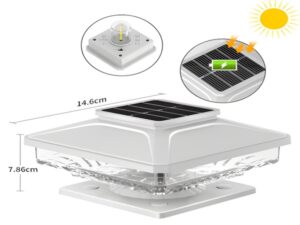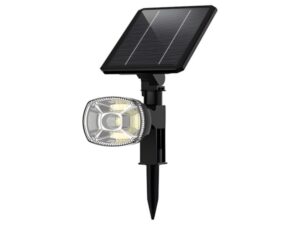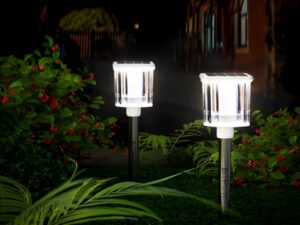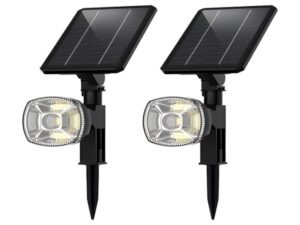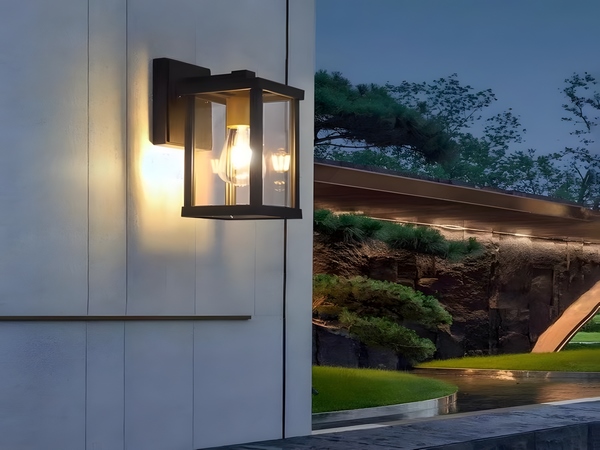
Solar garden lights refer to outdoor lighting fixtures, typically for roads under 6 meters in height. The main components include the light source, lamp fixture, lamp pole, flange plate, and foundation embedment. Due to their diversity, aesthetics, beautification, and decorative environmental features, they are also known as landscape lights. So, what aspects should consumers consider when purchasing solar garden lights? Below, we will address this issue.
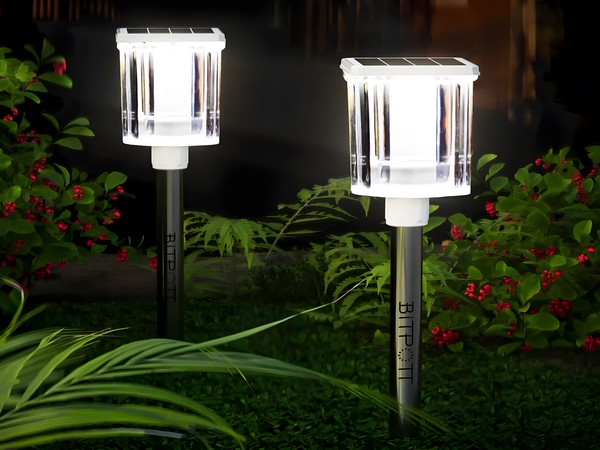
Here are five aspects to consider when purchasing solar garden lights:
1. Light source selection: Solar street lights usually use LED light sources, with each lamp bead having a power of 1W, and the wattage of the fixture depends on the number of beads.
2. Solar batteries: The commonly used solar batteries are gel batteries and lithium batteries, with lead-acid batteries being rare. Lithium batteries are more expensive but have a longer lifespan, lasting 3-5 times longer than gel batteries.
3. Controller: The controller determines the light-on time, charging and discharging periods, as well as the voltage of the current for charging and power supply. It acts as the intelligent switch for the lights, thus influencing their lifespan.
4. Lamp pole: When considering solar garden lights, the height and design of the lamp pole must be taken into account. Generally, the taller the pole, the higher the price, and the more complex the design, the higher the cost.

5. Solar panels: Solar panels are divided into monocrystalline and polycrystalline types. Monocrystalline panels have better stability and higher photoelectric conversion efficiency, making them the best-performing solar panels available. They also have a longer lifespan compared to polycrystalline panels, but they are more expensive. When purchasing, one should consider the measured area; the larger the area, the higher the battery power required.
This concludes our discussion on aspects to consider when purchasing solar garden lights. We recommend choosing high-quality solar garden lights, especially for use in villas or hotel courtyards, as lower-quality fixtures may lead to issues such as short brightness duration, insufficient battery capacity, and rusting components, negatively impacting the user experience.
